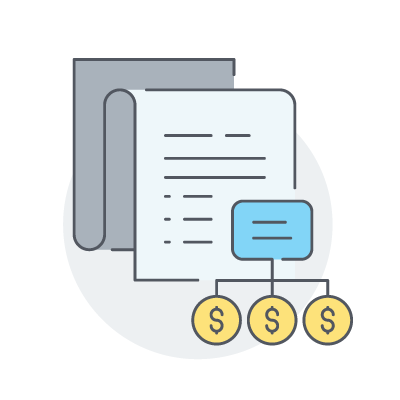Investment Options
A world of investment opportunity at your fingertips.
A qualified self-directed account provides access to investing in both traditional (publicly traded stocks, bonds, and mutual funds) and alternative assets (everything else allowable by the IRS). We specialize exclusively in alternative assets. Once your account is funded, a world of opportunity is at your fingertips.
You can find the most common alternative asset investments below. Click on each to learn more.
If you have funds in your PTG account that are not subject to a current Direction of Investment (or awaiting your direction), or uninvested cash funds, those funds will be deposited in the investments listed below until you provide direction otherwise.
Your account will be credited with a portion of the earnings on these fund balances. Provident Trust Group will credit interest earned on Uninvested Cash Balances to your accounts within 30 days after month end. The interest rate paid on Uninvested Cash Balances will be adjusted on a monthly basis based on actual interest earned during the prior period, with a minimum rate of 0.001% to be paid on all balances. Between June 1st, 2025 and June 30th, 2025, the interest rate paid on all balances is 0.004%, with a jumbo rate of 1.945% applicable to an owner’s accounts if the owner’s combined average Uninvested Cash Balance exceeds $3,000,000 during the prior month. Rates between July 1st, 2025 and July 31st, 2025 will be 0.004% with a jumbo rate of 1.985%. Rates effective August 1st, 2025 will be 0.004% with a jumbo rate of 1.980%.
Provident Trust Group will retain the interest earned on the money held by Provident Trust Group for assets held pending investment instructions or while waiting for a distribution check to be presented for payment, or “float.”
The approximate uninvested cash fund and float earnings retained by Provident Trust Group are calculated monthly. The average annual rate for 2022 was 1.50%. The average for 2023 was 3.61%. The average for 2024 was 4.00% (tentative). The monthly rates for 2025 are as follows: January 3.98%, February 3.95%, March 3.89%, April 3.97%, May 3.96%, June 3.96% (estimate).
Provident Trust Group will hold funds from all checks for a minimum of two business days from the date of deposit to ensure the funds are collected and determined to be good funds. Funds from personal checks will be held for a minimum of five business days from the date of deposit before Provident Trust Group will release the funds.







